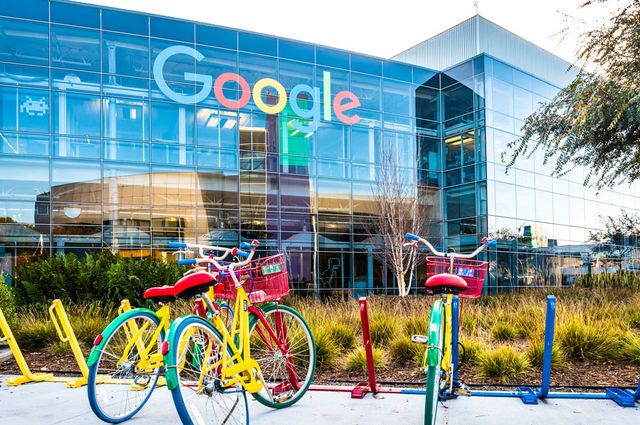Google is phasing out third-party cookies... Will it impact hotel marketing?
10 experts shared their view
Google recently announced that they are going forward with their plan to block third-party cookie tracking through Google Chrome (Chrome commands 63% of browser market share). What this means exactly for hotels is not totally clear. Mostly what will be affecting is tracking the source of revenue on a hotel's website (also called attribution) and the possibility to re-target visitors to your website (unless you use Google's retargeting ad products). To avoid users getting hit with totally irrelevant ads, like billboards on the highway, Google is creating a new system to target users which involves less tracking. Called FLoC the system essentially groups people into categories based on their behavior and puts a label on top so they can get served ads based on those labels without having any personal information connected. However, it only works if you advertise with Google, which means they are building a taller wall around their garden - an odd choice as they enter a long anti-trust investigation process. But what does this mean for hotel marketing? How will hotels track revenue? Since most non-major brand hotels have two domains (website + booking engine) how will this affect tracking?
Google's Chrome and Apple's Safari browsers clearly dominate the landscape, so even though the phasing out of third-party cookies has been on the cards for a while, it will undoubtedly have a major impact on hotel digital marketing.
However, it is worth noting:
- Ad blockers have been around for a good while, and one in four users already control the access to their data.
- GDPR and privacy legislation has made users more sensitive towards data mining.
- The global pandemic has changed consumer purchasing behaviour to a point where the relevance of historical data has become questionable.
Therefore, the absence of third-party cookies will be more acutely felt in retail, where purchases can be much more frequent and buying patterns are arguably more predictable. Hospitality, on the other hand, is much more about the feeling of the experience and the sector is better positioned to make the most of the new opportunities that these changes offer.
This is how hoteliers can make a fresh start now, without having to rely on cookies:
1. Invest in your brand
Having a clear digital presence throughout the discovery journey works outside third-party analytics. Now is the time to invest in brand marketing at all stages of the user's research.
2. Sell the best experience
A recent study by Google showed that, for many guests, it is need that determines a booking decision, not price. Interaction with the user should focus on what these needs are and how the hotelier is uniquely placed to meet them.
3. Monetise your CRM data effectively
Repeat business is the most cost-effective way of driving revenue. But make sure you understand what motivated the guest in the first place – and keep in touch. This is first party data, so make the most of it. Use FloC only in conjunction with what you already know about your customers.
4. Always keep exploring
The only way to understand the needs of a customer is to keep asking questions, testing ways to engage with them and constantly modify the way to gather vital insight. This is of course a continuous, time consuming effort, but worth it – especially in light of the challenges and changes ahead.


